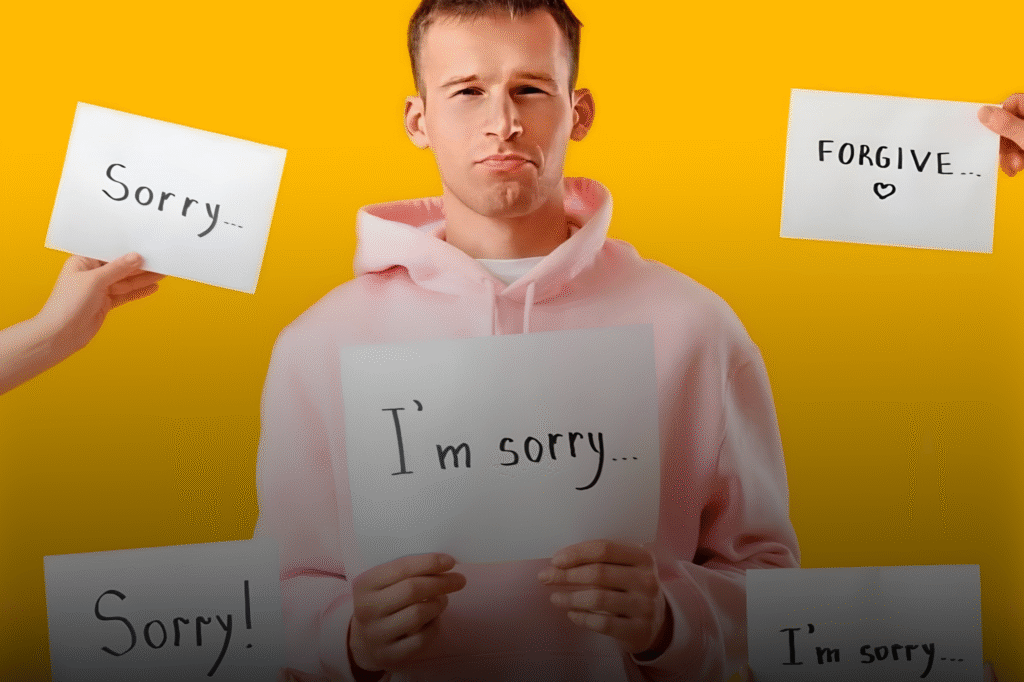How to Know If They're Really Guilty - Or Just Acting Like It?
Published by Dr. S. PON SHYLAJA, Ph.D. | PSYCHOLOGIST

Not all apologies come from guilt. Some come from fear. Some from habit. Some from the desire to keep you around, not because they truly understand what they did, but because they don’t want to lose their comfort. This is why so many people get confused – someone says “sorry”, maybe even cries, yet nothing really changes. So how do you tell the difference between genuine guilt and guilt performed for control, image, or survival?
True guilt shows in behavioral change, not just words. It’s quiet. It doesn’t try to convince. It reflects. It listens. It steps back from defending and leans into accountability. When someone is truly guilty, they don’t just say “I’m sorry” – they ask what they can do to make things right, and then actually do it. They don’t wait to be reminded. They take initiative. They show that your hurt has stayed with them – not just in the moment, but in how they move forward.
One clear sign of real guilt is this: they don’t rush the process. They understand that emotional repair takes time. They don’t expect you to “get over it” in a day just because they apologized. They don’t try to hit reset the next morning and act like nothing happened. Instead, they stay present with your pain – even if it’s uncomfortable for them. They don’t disappear emotionally after saying sorry. They show up – differently, gently, and again. That’s how you know. Not by how quickly they said the words. But by how patiently they hold your heart after breaking it. Real guilt respects your timeline, not just their relief.
On the other hand, guilt without change is often a survival tactic. Some people say sorry because they hate conflict, not because they feel your pain. Some people apologize to end a conversation – not to begin a process of repair. You’ll often see them become avoidant after apologizing, or irritated if you’re still hurting. They might say things like, “I said I’m sorry – what more do you want?” These are not signs of guilt. They are signs of discomfort with being held accountable.
It’s important to notice where the apology is centered. Is it about your pain – or about their image, their discomfort, their desire to “move on”? Real guilt doesn’t rush healing. It allows space. It’s not performative – it’s consistent. And it doesn’t get tired of being responsible.
Another sign is how they respond to repetition. Are they sorry once but repeat the same hurtful behavior again and again? That may mean they’re not truly feeling guilty – they’re just using apologies as emotional currency to keep the relationship going. Guilt, when real, leads to self-inquiry. It makes a person look at themselves more deeply, even if it’s uncomfortable.
Here’s something many don’t realize: Some people feel regret, but not guilt. Regret says, “I wish this didn’t happen”. Guilt says, “I see what I did, and I take responsibility”. Regret can still be self-centered. Guilt includes the other person’s emotional reality.
So the next time someone says “sorry”, look beyond the surface. Don’t just ask, Did they apologize? Ask: Did they understand? Did they change? Did they grow from it?
Because anyone can feel bad. But not everyone will do better.

